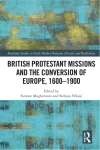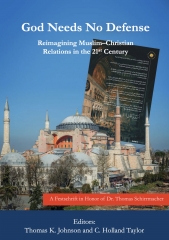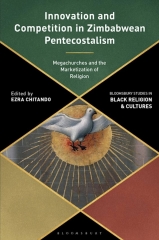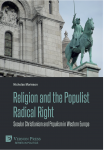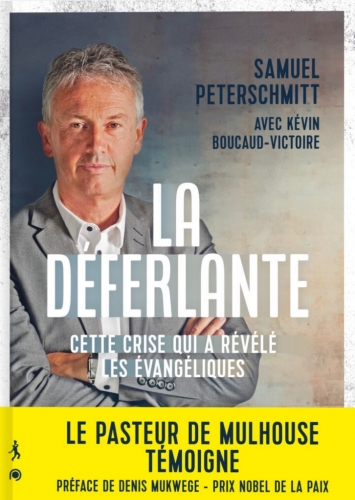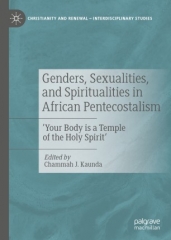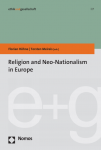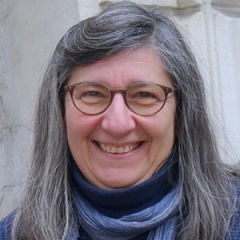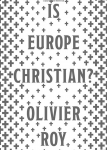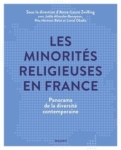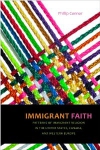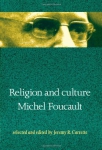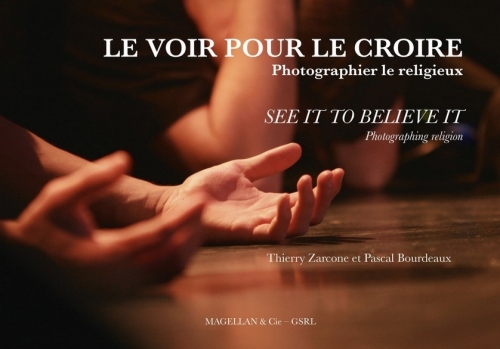
See it to believe it - Photographing religion
The photography exhibition 'Pluralities of Belief', conceived by teacher-researchers from the CNRS and the EPHE, intends to show the activities of the GSRL laboratory, which studies religion in contemporary societies throughout the world. The distinctiveness of the selected photographs is to associate aesthetic qualities and scientific relevance. The resulting publication is an attempt to respond to the growing and unanimous interest in religious issues. It takes up the narrative unfolding of an exhibition conceived around several themes : gestures of belief, writings of belief rituals of belief, architectures of belief symbolisms of belief and secularism and convictions. The book focuses mainly on the plurality of beliefs and non-beliefs, considered in equal parts and forming the same common whole, which only find their real significance when they are themselves subjected to a plurality of views.

